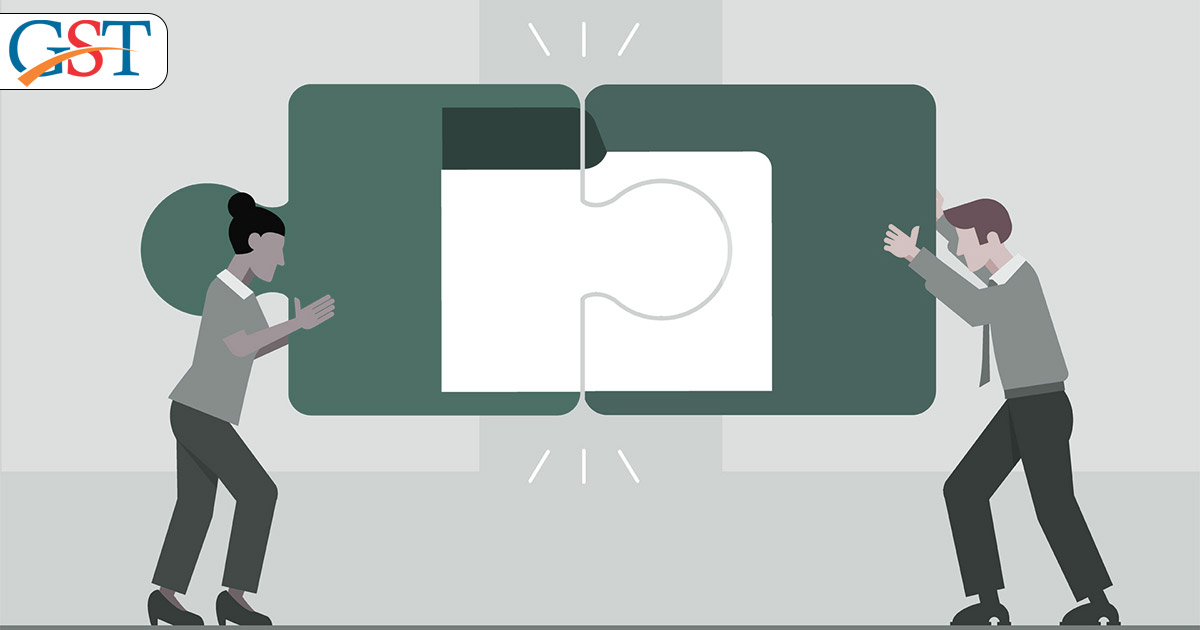In a move that promises landscape changes to India’s logistics landscape, the revenue department plans to integrate e-way bill with DMICDC’s Logistics Data Bank (LDB) services and NHAI’s FASTag mechanism. The move is seen by many as a big leap towards increasing operational efficiencies by increasing transportation speed as well as curbing GST tax evasion.
Ease of Doing Business
After an impressive performance last year, India and the Central Government is more resolved than ever to enter the Top 50 club in the ease of doing business global rankings. But this is not going to be easy unless transport, the very fabric that binds businesses across the state borders together, is put together in place.
Currently, lack of common laws under the ‘track and trace‘ mechanism for sharing information among businesses remains a major roadblock for businesses across the country. Another major impact is on logistic costs which in turn affects the ease of doing business in the country.
Read Also: Small Businesses Use Jugaad In GST E-way Bill To Evade Taxes
Supply Chain remains plagued with ambiguities and loopholes. Unscrupulous traders try everything under their sleeves to evade GST. One of the primary reason behind the e-way bill system was to curb GST evasion by transporters and suppliers. Rolled out on April 1, 2018, the e-way Bill (or the anti-evasion bill) was mandated for interstate movement of all goods worth over Rs 50,000. The intra-state version of the same bill came into effect from April 15.
The FASTag System
India’s infrastructure growth has been one of the highlights of the current government’s Four-year report card and a major credit for the same goes to the Minister of Road Transport and Highways Nitin Gadkari.
The FASTag System put in place by the National Highways Authority of India (NHAI) facilitates the instant electronic collection of tolls on Indian highways. This is a good example of how seriously the current government gives importance to the value of time for businesses. Further, FASTag ensures non-stop movement of vehicles through toll plazas. A shining example of good and effective governance.
Recommended: Solution Regarding Most Important Questions About GST E Way Bill
In addition to the above, LDB programme, Delhi-Mumbai Industrial Corridor’s (DMIC’s) container tracking services, will be integrated with the e-way bill. This would be a major boost to the logistics ecosystem.
Advantages of Integrating e-way bill system with FASTag and LDB
A central official says, “The integration of the e-way bill system with FASTag and LDB is expected to help boost tax collections by clamping down on the trade that currently happens on a cash basis.”
- Track Goods with greater efficiency using SMS alerts generated at each toll plaza
- Ensure all loopholes are removed
- Multiply ease of doing business
- Curb GST Tax evasion
The official also said that the success of the program would depend primarily on inter-ministerial coordination. The integration process during its teething stage will have to overcome more than a few operational as well as technical challenges.
Also Read: Smart GST E Way Bill Software For Suppliers & Transporters
In conclusion, what we can learn from connecting the dots is that, now that the GST system has stabilized, the Central Board of Indirect Taxes and Customs is paying greater attention to compliance and checking evasion. The Directorate General of GST Intelligence (DGGSTI) was recently formed under the GST Act to investigate cases of tax evasion as well as carry out search and seizure operations. These are clear signs of a monumental change in the way India has conducted business as well as paid taxes post-independence. ‘Kudos !!’ will be one word every millennial would be using right now.










